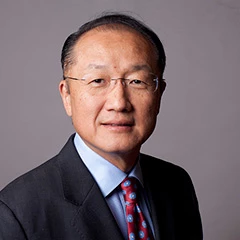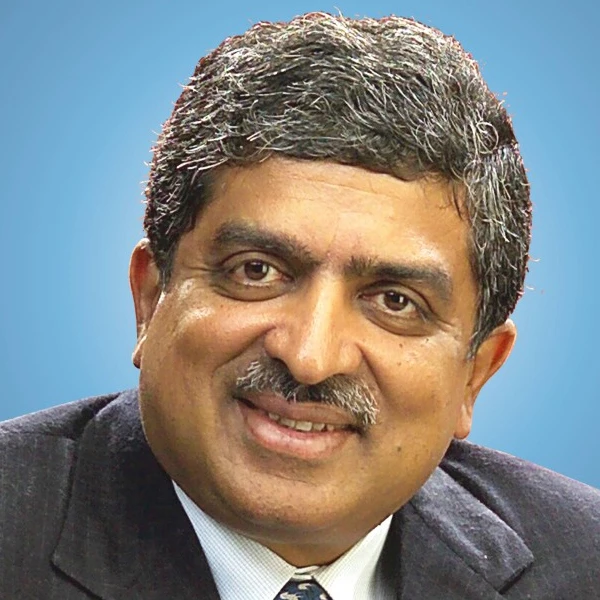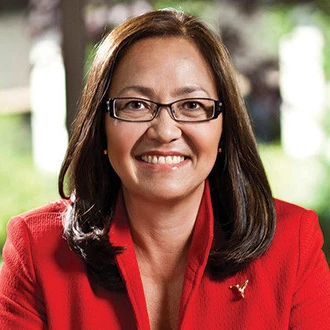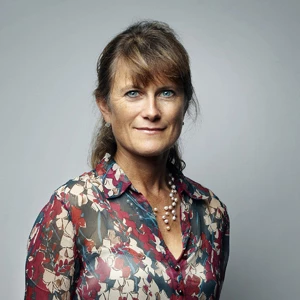Digital Economy for Development
Several leading technology trailblazers came together to discuss how digital technology is disrupting development and what could be done to level the playing field and harness its benefits. World Bank Group President Jim Yong Kim and Airbnb co-founder Joe Gebbia discussed how their two organizations could together help grow the inclusive sustainable tourism sector and help entrepreneurs in developing countries gain more income while acquiring new skills.
Gebbia discussed the company’s beginnings and highlighted the importance of designing solutions with the end user in mind. He attributed Airbnb’s success to the effort made to understand their customer’s concerns in the initial phase of their growth. The 10-year-old company now has four million listings in 191 countries around the world. They are expanding their model, and recently launched the Open Homes initiative, to help provide shelter to refugees and those affected by natural disasters.
They were followed by brief remarks by Philippe Le Houerou, CEO, IFC, on scaling up the benefits of the digital economy, which cued in a panel of digital movers and shakers, which included Eric Jing, CEO, Ant Financial Services Group; Nandan Nilekani, co-founder, Infosys; Sue Siegel, CEO, GE Ventures; Greg Wyler, Executive Chairman of OneWeb; Mats Granyrd, Director General GSMA; and Jacqueline Novogratz, Founder and CEO, Acumen.
They discussed how the digital economy digital identification systems and mobile technology are crucial in providing the basis for access to services such as banking, electricity, healthcare and much more. The data and privacy conversation was a thread that underscored the importance of handling and regulating data more carefully as we move into the Internet of Everything era. The need for a global framework to protect individuals’ data was thought to be crucial in preparing a secure digital future for everyone. They also emphasized how corporations, governments and organizations like the World Bank Group can come together to deliver essential services while also generating profit. The conversation also highlighted the importance of expanding connectivity and bridging the global digital divide in order to make these opportunities a reality for everyone. In that regard, the panel agreed that a crucial value-added of the Bank Group was also to help provide the basic digital infrastructure that could make these opportunities a reality for everyone around the world.
Browse Our Events
Event Finder
Search past and upcoming events by keyword, by topic or by region.
Search by Speakers
Browse the list of speakers for our events.













